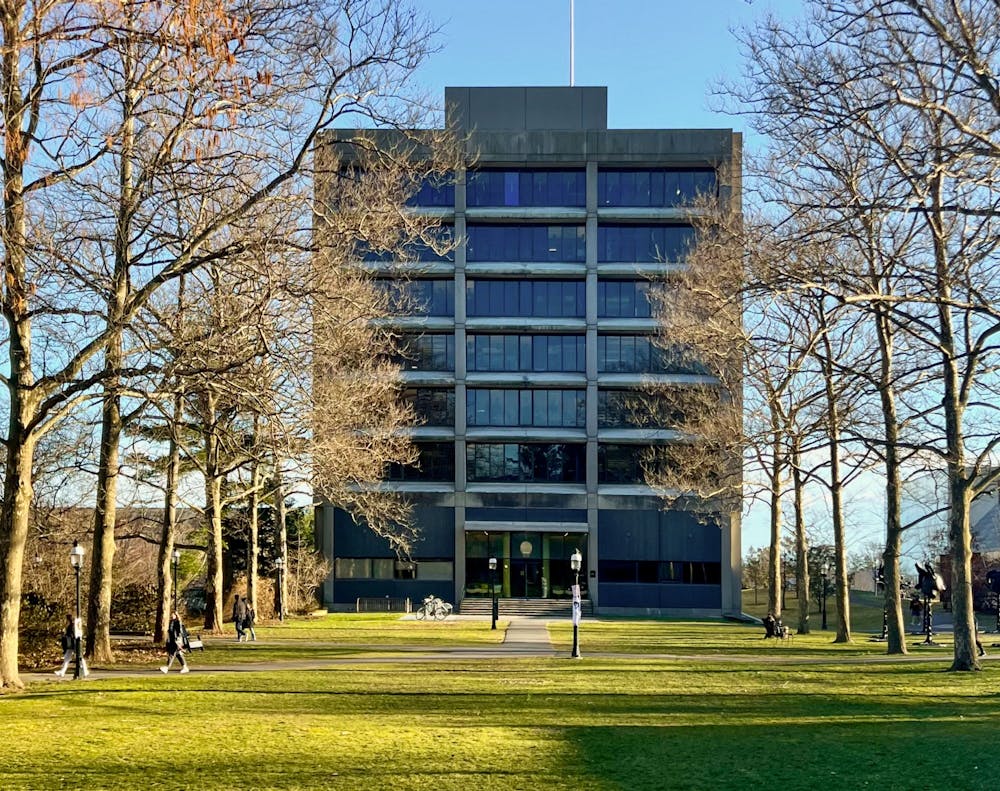The Creative Writing (CWR) program has long been a favorite of the University’s students across class years, degree options, and concentrations. This semester, hundreds of students enrolled in CWR courses, hoping to snatch one of the few spots available. Who filled these coveted spots came down to rather insignificant elements: the reaction time of a mouse click, internet speed, or a cleared cache.
Two years ago, it was not this way. Students had to apply to get into Creative Writing classes with a writing sample. The shift away from applications leveled the playing field for getting spots in Creative Writing classes, but the new free-for-all system neglects to consider students’ personal reasons for taking CWR classes. Due to the department’s extreme competitiveness, this potentially denies great candidates for these classes the chance to participate in the program for all of their four years. The CWR program should reinstate an application system so that it can build diverse classes of students dedicated to contributing to their CWR class.
First come, first served systems usually yield fair outcomes, and they can help ensure that CWR classes are composed of students from different class years, pursuing different majors, and with different interests. But this isn’t necessarily the best approach for the CWR program. Too often, people turn to CWR courses for an easy fifth class or LA requirement and therefore don’t make the most of the opportunity the class provides. In one fiction class, due to a consistent lack of participation, the professor warned students that they were at risk of ending the class with a D if they did not change their approach. Since the CWR department is so small, these kinds of students filled seats that others with a true passion about writing or who hoped to explore it for the first time in university could have enjoyed.
This is not to say that students shouldn’t be allowed to pursue a balanced course load that fulfills their requirements, nor that classes should only be taken by the students who will be the most dedicated to them. At 96 percent capacity in Fall 2022, CWR is notably popular compared to other programs. In a small program with such high demand, there should be a distinguishing factor that privileges students who want to take the classes for academic interest over others hoping to take an “easy” class. An application that included a question about why students were applying would filter out those students who weren’t committed enough to bother with an application, as well as those without a clear sense of why they wanted to join the class.
This is not to say that the CWR department should only accept good or experienced writers. Students now pursuing the CWR minor or those who wrote creatively throughout high school could very well have clear reasons as to why they want to take a CWR course now at Princeton. Still, having an application where students can articulate their experience, or lack thereof, in writing could also help give students new to creative writing a chance. With an application process, professors could intentionally craft classes that bring together students with varying writing experience and diverse backgrounds, including those who may not have traditionally taken a CWR course in their program of study.
There will be downsides to reinstating an application in the CWR department, just as there were downsides when the application was removed. There is unfairness in both systems: in the random system, the people who want to participate and could benefit the most may never have a chance to take a creative writing class; in the application-based system, bias in selection could lead to student resentment or demotivation at not being able to participate. But there’s a difference between fairness by leaving the selection of students up to luck and fairness through the conscious selection of students for CWR courses. One is intractable; the other is solvable through inclusive intention and just selection guidelines. A solvable problem is much better than an intractable one — CWR should bring back applications, with a centered focus on fairness and opportunity.

Sarah Park is a contributing columnist for the ‘Prince’ and a first-year intending to pursue a major in Comparative Literature. She is from Manila, Philippines, and can be reached at sarahpark@princeton.edu.









